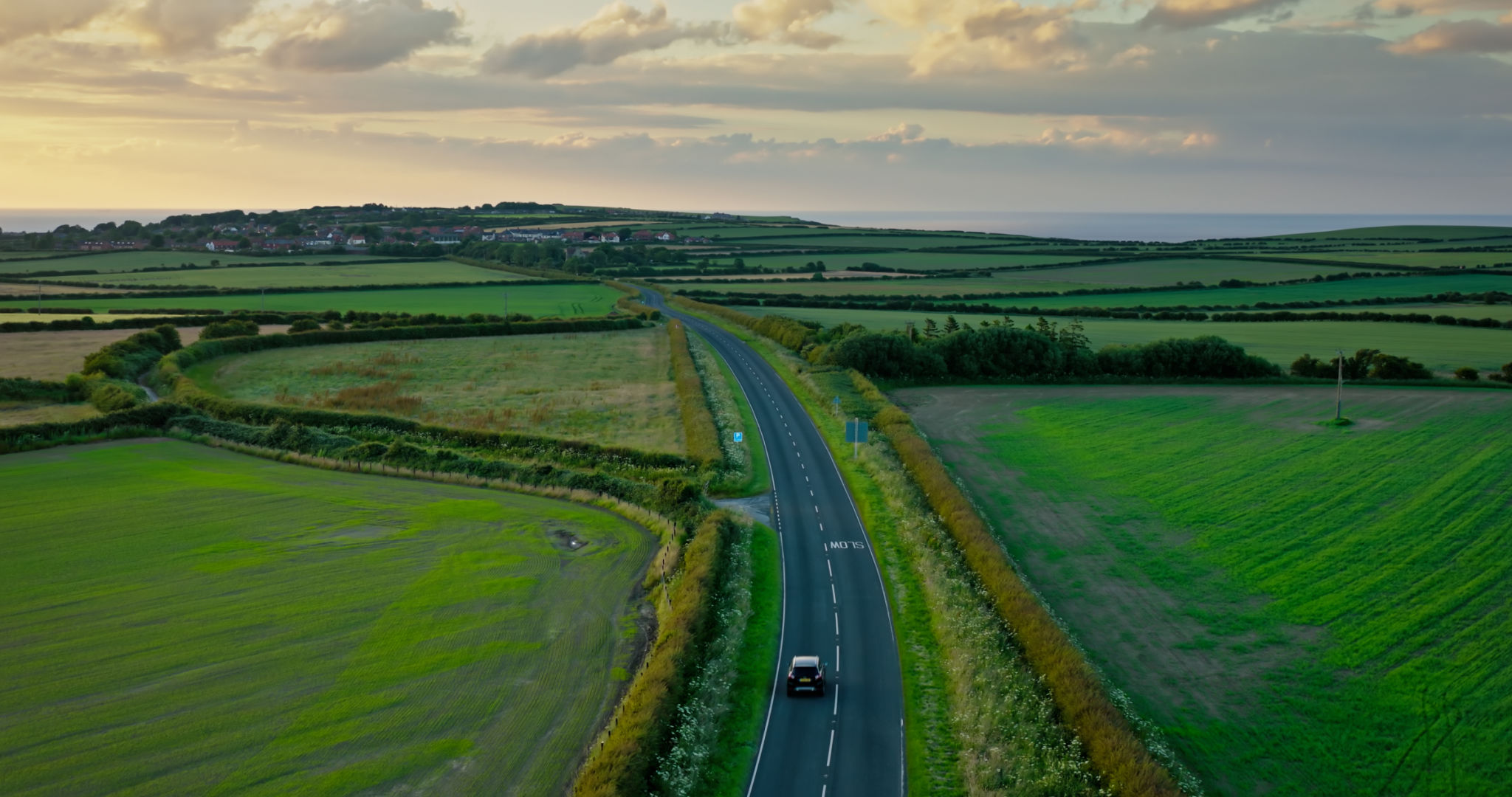Drone Crop Monitoring Systems: Revolutionizing Precision Agriculture
The Dawn of a New Era in Agriculture
In recent years, the agricultural industry has witnessed a technological transformation, primarily driven by the advent of drone crop monitoring systems. These innovative tools are reshaping traditional farming practices, offering farmers unprecedented insights into their fields. Drones have become an integral part of modern agriculture, providing real-time data and enhancing precision farming techniques.

How Drone Technology Works
Drones, equipped with advanced sensors and imaging capabilities, fly over agricultural fields to capture detailed images and data. This data is then analyzed to assess various factors such as crop health, soil conditions, and pest infestations. By using drones, farmers can monitor large areas efficiently and make informed decisions to optimize their production processes.
One of the significant advantages of using drones is their ability to access difficult terrains and cover expansive areas quickly. This not only saves time but also reduces the labor costs associated with manual monitoring. As a result, drones are becoming a cost-effective solution for farmers aiming to increase productivity without compromising quality.
Benefits of Drone Crop Monitoring Systems
The integration of drones into agriculture brings numerous benefits that revolutionize traditional farming methods:
- Enhanced Precision: Drones provide precise data that helps in identifying specific areas requiring attention, thereby allowing targeted interventions.
- Improved Yield: By monitoring crop health and soil conditions continuously, drones contribute to maximizing yield and minimizing losses.
- Resource Optimization: Drones help in the efficient use of resources such as water, fertilizers, and pesticides by providing detailed insights into crop needs.

Challenges and Considerations
While drone technology offers numerous advantages, there are challenges that farmers need to consider. The initial investment in drone technology can be substantial, and there is a learning curve associated with operating these sophisticated machines. Furthermore, regulatory restrictions regarding drone usage in certain areas may pose limitations.
Farmers must evaluate their specific needs and resources before adopting drone technology. Collaborating with tech providers and investing in training can help mitigate some of these challenges, ensuring that the transition to drone-based monitoring is smooth and beneficial.
The Future of Agriculture
As the agricultural industry continues to evolve, drone crop monitoring systems are likely to play an increasingly vital role in shaping its future. With advancements in artificial intelligence and machine learning, the capabilities of drones are expected to expand, offering even more precise and actionable insights.

This technological evolution signifies a move towards more sustainable and efficient farming practices. By empowering farmers with accurate data, drones are not just tools but game-changers that hold the potential to revolutionize agriculture on a global scale.